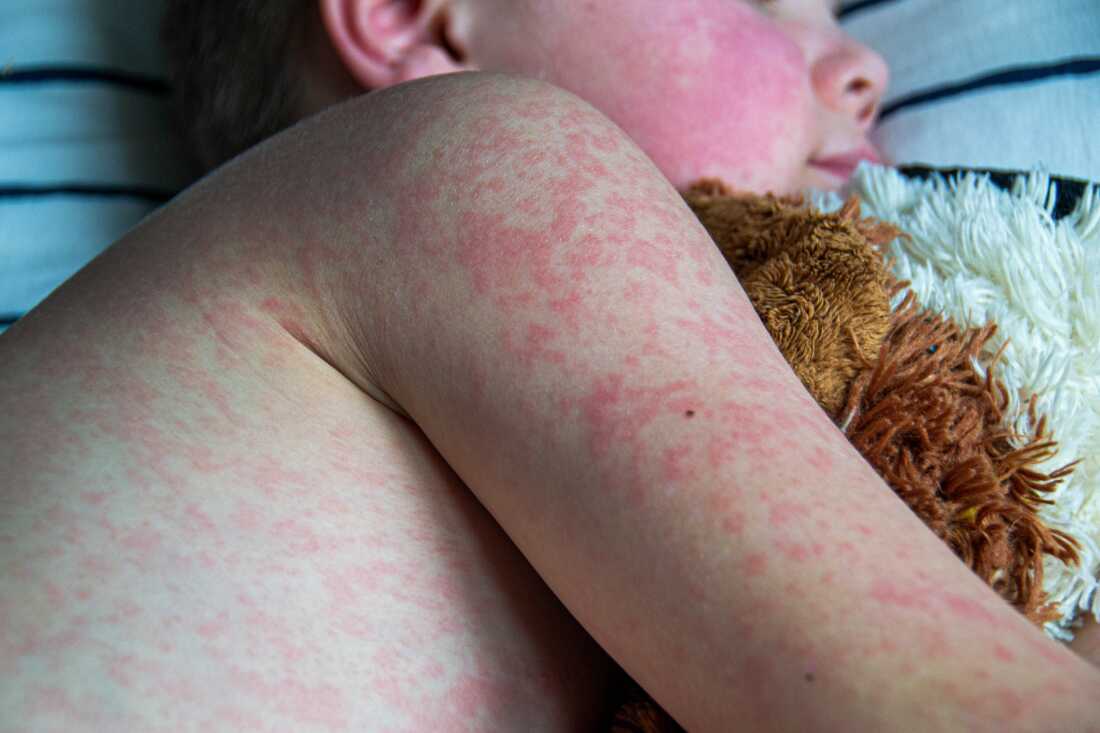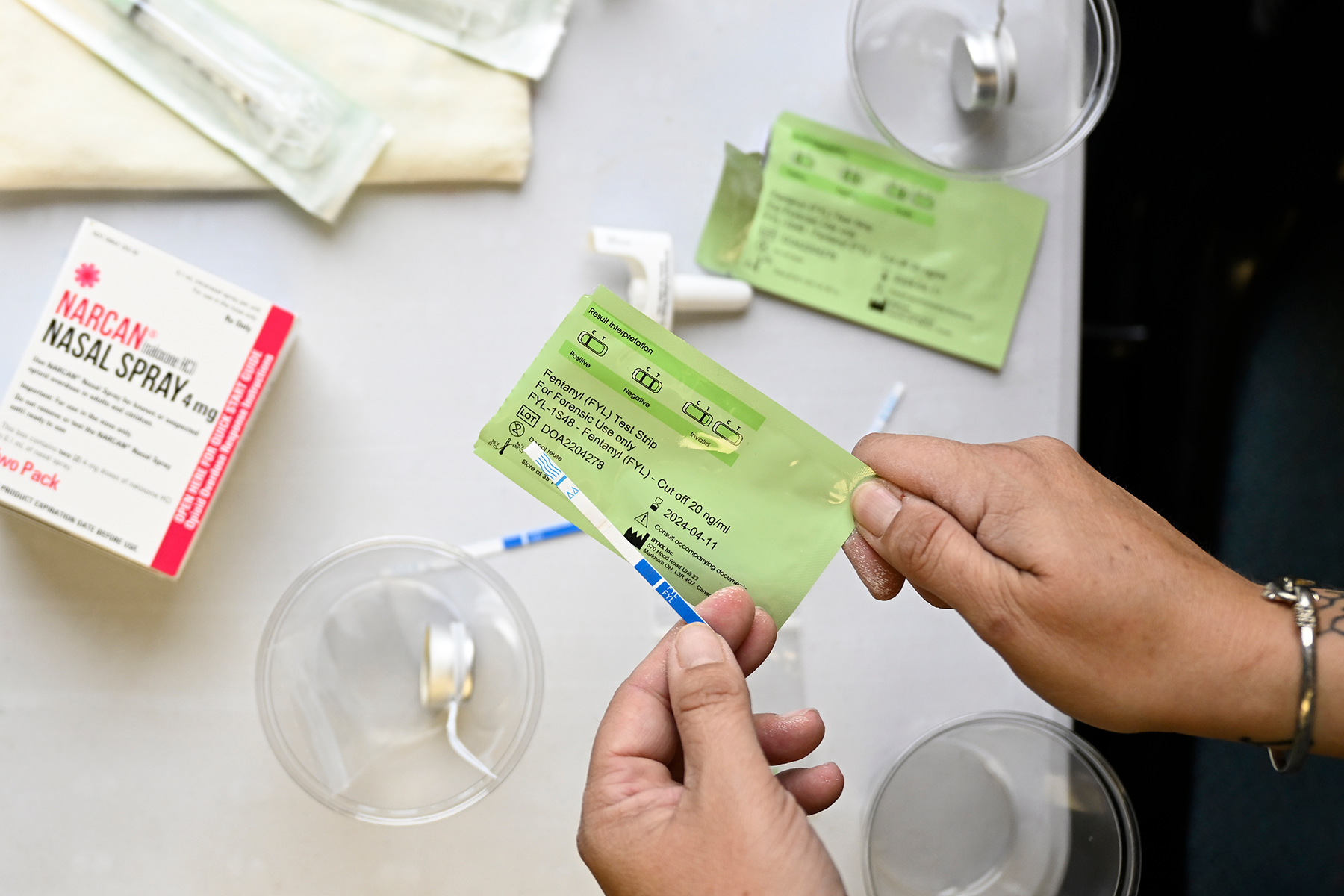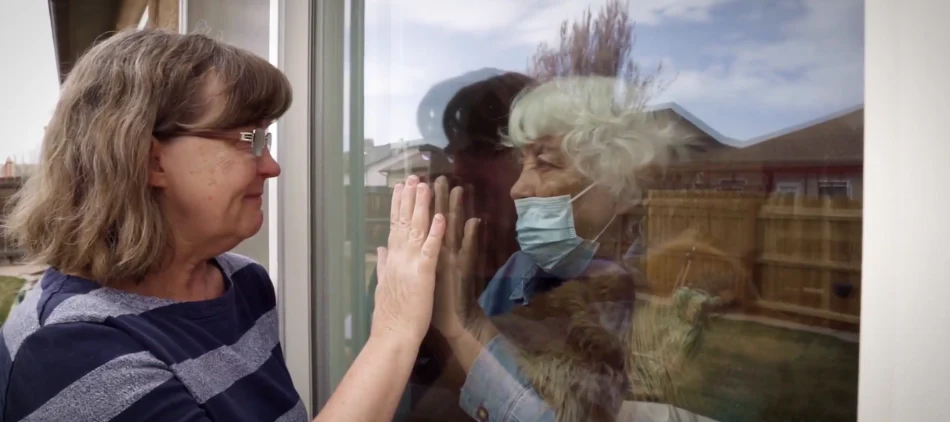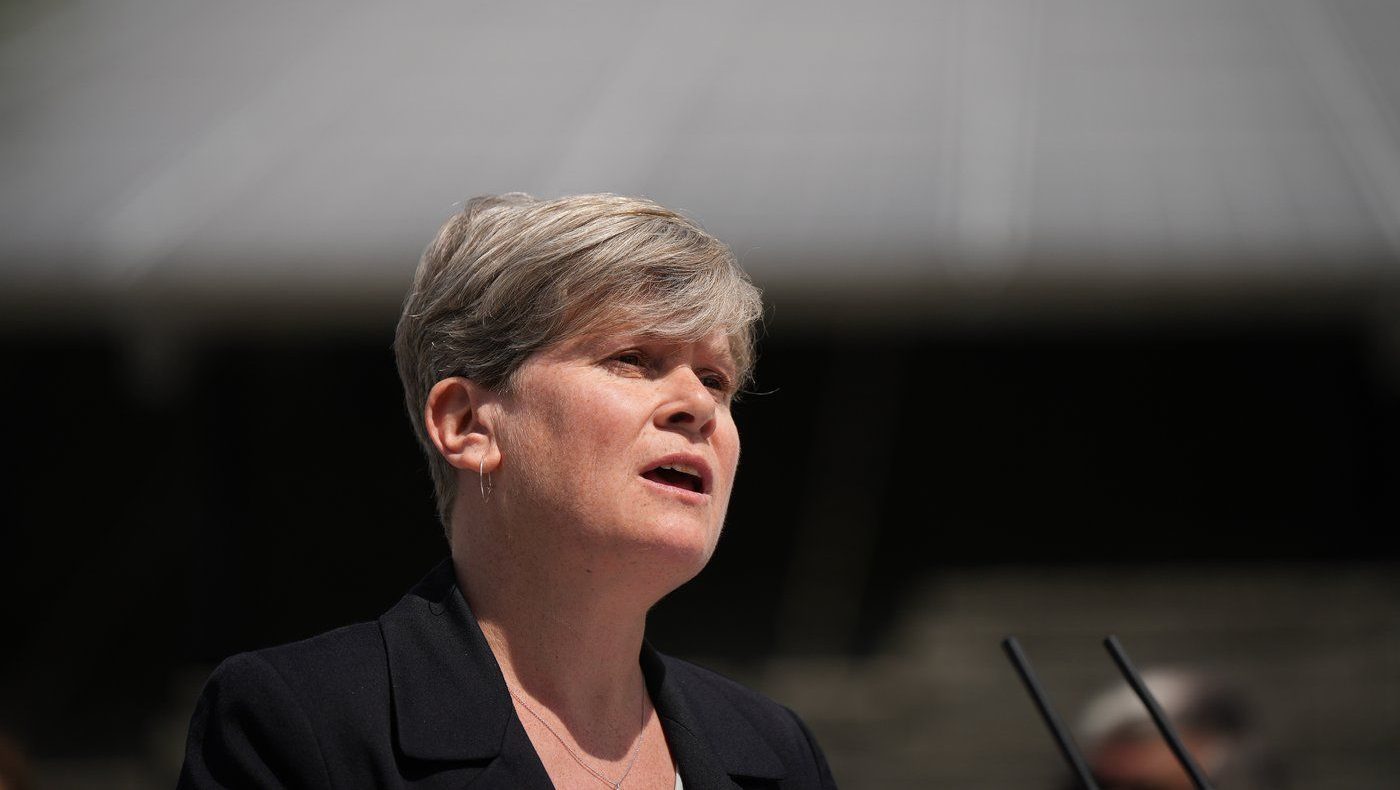A Different Kind of Cancer Support
In a small auditorium at Toronto’s Princess Margaret Cancer Centre, a handful of young adults sit together, learning how to manage hair loss during chemotherapy. It’s the kind of workshop often offered to cancer patients—but what sets this one apart is that everyone in the room is under 40.
This session is part of a specialized program designed for young adults facing cancer diagnoses in their 20s and 30s. Historically, cancer at this age was considered rare, but research suggests that’s changing.
A recent study published in The Lancet found that 17 of the 34 most common cancers in people aged 25 to 84 are increasing among millennials and younger Gen Xers in the U.S. The exact reason remains unclear.
Canada is seeing a similar trend, says Laura Burnett from the Canadian Cancer Society. Data from last year estimated that nearly four percent of cancer cases in 2023 would be diagnosed in young adults aged 15 to 39.
For those between 15 and 29, common cancers include thyroid, testicular, colorectal, lymphoma, and leukemia. In the 30 to 49 age group, breast, thyroid, and colorectal cancers are among the most frequent diagnoses.
“We haven’t released our 2024 numbers yet, but we expect the same patterns to continue,” Burnett said.
As a result, hospitals across Canada—including Princess Margaret—are seeing growing demand for programs specifically designed to support young adults battling cancer.
More Young Adults Facing Cancer
“It used to be that seeing a patient in their 20s or 30s with cancer was unusual,” said Dr. Shady Ashamalla, a colorectal surgeon at Toronto’s Sunnybrook Hospital.
“But over time, it started happening more and more. Eventually, we had to stop and recognize that these patients have very different needs.”
To address this shift, Sunnybrook launched a colorectal cancer clinic for young adults five years ago.
‘Why Now?’
At Princess Margaret, the Adolescent and Young Adult (AYA) Program offers support to cancer patients under 39, regardless of their diagnosis. It provides one-on-one guidance on everything from fertility preservation and mental health to managing student debt while undergoing treatment.
Created in 2015, the program has grown significantly.
“When we first started, we were seeing around 30 new patients a month. Now, that number has doubled,” said Dr. Abha Gupta, the oncologist behind the initiative.
Beyond medical support, the program helps patients connect with others their age through group activities like yoga and art classes—a crucial resource for those feeling isolated.
For Kasia Tywonek, a 25-year-old diagnosed with acute lymphoblastic leukemia, that sense of community was life-changing.
When she first got her diagnosis, she was stunned. She had gone to the ER, convinced she was having an anxiety attack—only to learn she had cancer.
During her hospital stay, she noticed something unsettling.
“There was only one other patient my age,” she said. “Most people were twice or even three times my age. Even though everyone was kind, it was hard to relate to their life experiences.”
The feeling of being left behind only deepened as she watched her peers move forward—getting engaged, earning PhDs, and starting new chapters of their lives while she was stuck in bed, recovering.
“Why now?” she wondered. “Why at this stage of my life, when this isn’t supposed to be the norm?”
Through the Princess Margaret program, she found a new perspective.
“It made me realize that other young people are going through this too,” she said. “I’m not alone.”
The Search for Answers
Experts are still trying to understand why cancer rates are increasing among young people.
“That’s the million-dollar question,” said Dr. Ashamalla.
There are some theories—factors like diet, lack of exercise, and chronic stress could play a role—but definitive answers remain elusive.
Burnett, from the Canadian Cancer Society, agrees.
“We know that lifestyle factors like alcohol use, obesity, and poor diet don’t fully explain what we’re seeing,” she said. “So we need to dig deeper to understand what’s really driving these trends.”
Expanding Support for Young Cancer Patients
For Dr. Gupta, the goal is simple—every young person with cancer, no matter where they live in Canada, should have access to this kind of support.
“My vision is that no one should miss out on these resources because of their postal code or hospital,” she said.
As cancer diagnoses continue to rise among young adults, the demand for these specialized programs is only expected to grow.







